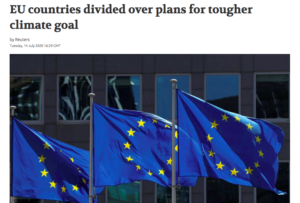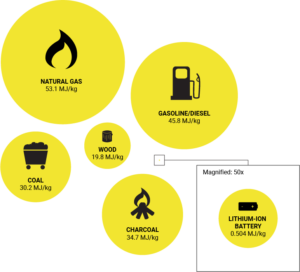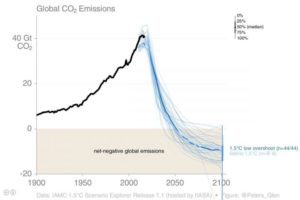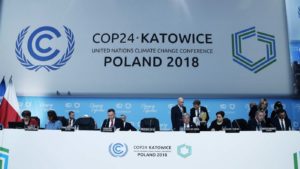by V. Jayaraj, Sep 23, 2022 in CO2Coalition
Amidst the European energy crisis, it’s easy to miss other events that are of significance to the discussion about the climate-change movement.
Among them are a series of setbacks to green policies in China and India.
These countries — representing three billion people — have delayed implementation of renewable energy commitments and aggressively increased the production and consumption of fossil fuels.
At the Shanghai Cooperation Organization summit, Chinese and Indian leaders — along with their counterparts from Russia and Turkey — explicitly declared that they cannot be coerced into reducing fossil fuel consumption, calling for an “increased investment in oil and gas production and exploration.”
As usual, the mainstream media neither published this news in headlines nor discussed how the proliferation of fossil fuels in these countries make the so-called net zero measures in the West irrelevant to the objectives of climate alarmists.
As the world’s second biggest coal user and home to 1.3 billion people, India has deemphasized its commitment to transitioning to renewable energy.
According to reports, the country fell significantly short of its solar-installation targets, jeopardizing its overall transition goals.
India’s Economic Times reported that at least 25 gigawatts (GW) of solar power projects that were expected to be operational or nearly complete faced delays or uncertainties.
The deferrals of solar installations now make it impossible to attain the planned addition of 450 GW in renewable capacity by 2030.
The Times says India “added 10 GW of solar capacity in 2021, while it needs to add close to 30 GW every year to be able to meet the target.”
The National Solar Mission — India’s internationally renowned solar energy strategy — is in disarray, with only half its promised capacity in place.
India considers coal plants an integral part of its energy sector.
…








